
- Health
Eating habits lead to memory loss
- Health
- 15 March, 2022 08:56:23
News Desk: In addition to heredity, brain health depends on lifestyle. That is, what is being eaten, how it is being eaten, how much rest is being taken, etc. all affect the health of the brain.
Excess processed carbohydrates
As a result of processing, fiber and nutrients are separated from the grains. Refined carbohydrate foods include foods made from white flour and sugar, cereals and pasta.
A 2015 report by Itdis.com, citing a 2015 review by Australia's School of Medical Sciences, found that eating more sugary foods, such as soda and candy, was associated with cognitive skills.
Older people who consume more calories are at risk of mild cognitive impairment or amnesia. These types of carbohydrates are rich in high glycemic index, which raises blood sugar levels rapidly and dramatically. The higher the blood sugar level, the higher the glycemic pressure.
Studies have shown that high glycemic foods can impair memory performance in children and healthy young adults and even adults. So as much as possible healthy foods such as healthy carbohydrates, grains, fruits, vegetables, pulses, etc. should be eaten with less glycemic foods.
Fish with high mercury
Generally, it is forbidden to eat fish with mercury during pregnancy. Also be aware of eating fish with mercury at other times. Foods with heavy metallic content have been shown to have an effect on nerve processes and brain growth.
A study by the Bernhoft Center for Advanced Medicine in Los Angeles found that mercury poisoning had a negative effect on body balance and movement.
Long-lived large fish such as tuna, swordfish and king mackerel have high levels of mercury, which can lead to mercury poisoning in young children and pregnant women. This is because babies and pregnant women are more susceptible to mercury poisoning.
With the exception of people with some health risks, adults can safely eat fish two to three times a week as part of a healthy diet. Some fish, such as tuna and salmon, contain essential omega-3 fatty acids, and others are high in protein, which helps meet the body's vitamin and mineral needs.
Low fat intake
Unsaturated fats are considered to be the high level of fat in the diet, they are good for health. While this is true of vegetable fats found in foods such as avocados, nuts, seeds and olive oil, it is different in the case of processed fats. These have negative effects on the body and brain.
On the other hand, saturated fats are commonly found in animal foods. These can have a debilitating effect on the brain.
A study by the Department of Psychiatry at Whitelands College University of Rohampton found that high intake of saturated and trans fats also reduced cognitive performance.
Another study by The George Washington University School of Medicine in the United States found similar results.
Naturally available trans fats are found in animal foods, such as beef, eggs and cheese. However, it is more common in processed foods and is commonly used as a baking ingredient.
Artificial sugar
The use of artificial sugar is popular for its sweet taste without calories. However, it is not good to think about the health risks.
According to a study conducted by the University of North Dakota in the United States, excessive consumption of artificial sugar can lead to depression and mood swings.
Good to remember
Research is underway on the effects of eating habits on brain health and memory. The results of recent studies suggest that special care should be taken in eating habits.
Although heredity and other possible factors play a role in brain health and memory. Yet choosing the right foods plays the most effective role in maintaining brain health and memory.
Comments (0)

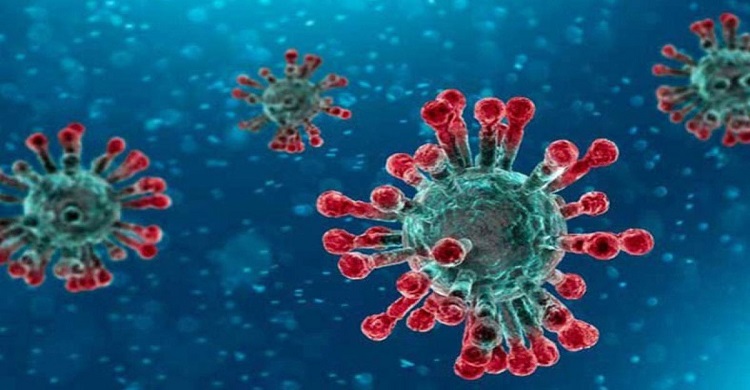

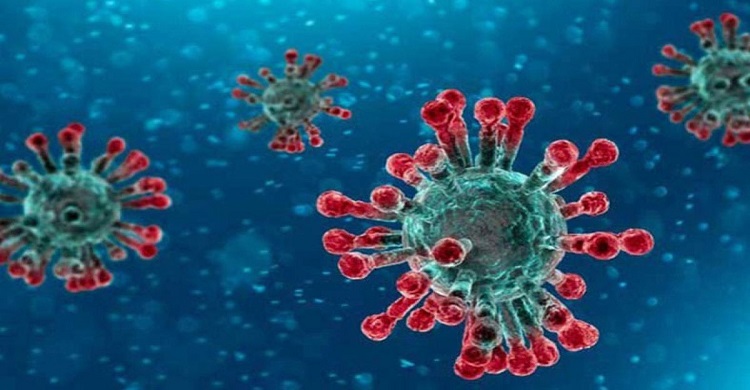




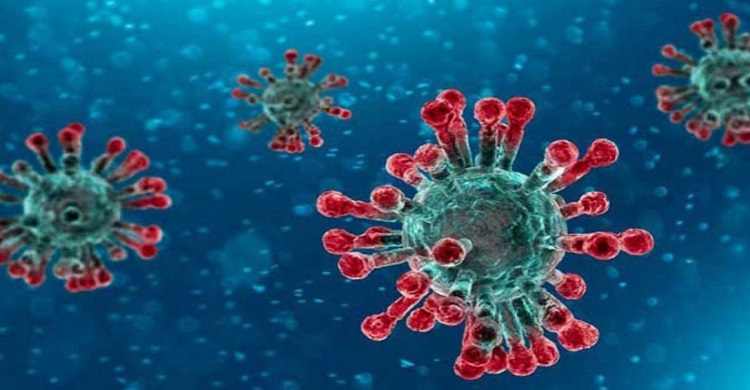
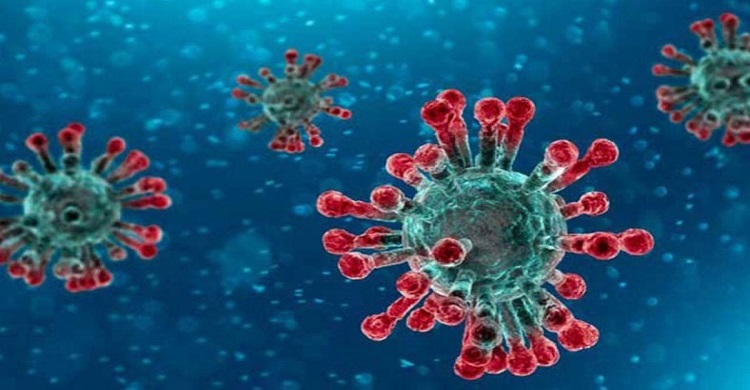



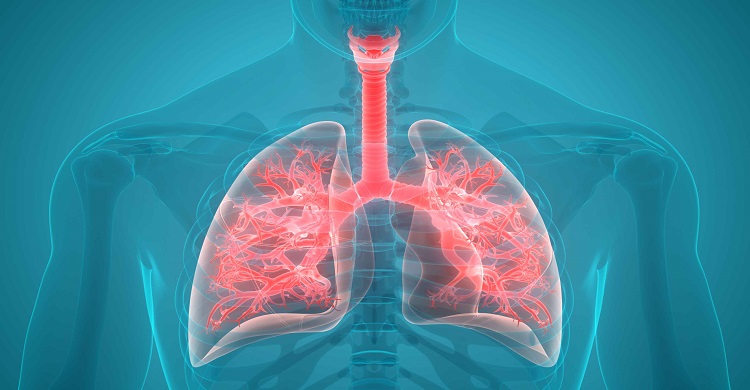














Comment ( 0)